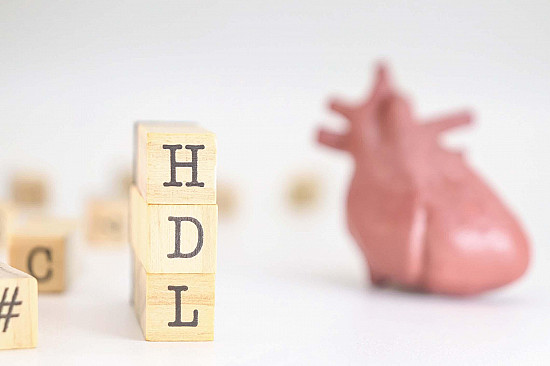Are eggs risky for heart health?
Ask the doctor
- Reviewed by Howard E. LeWine, MD, Chief Medical Editor, Harvard Health Publishing; Editorial Advisory Board Member, Harvard Health Publishing

For most people, an egg a day does not increase your risk of a heart attack, a stroke, or any other type of cardiovascular disease.
In the past, it seemed logical to think eggs would be bad for your heart health. We knew that the cholesterol in eggs came from the egg yolks, and we knew that high levels of cholesterol, especially LDL (bad) cholesterol in the blood increased the risk of cardiovascular disease. So, it seemed logical that avoiding cholesterol in the diet made sense.
Since then, however, research has shown that most of the cholesterol in our body is made by our liver — it doesn't come from cholesterol we eat. The liver is stimulated to make cholesterol primarily by saturated fat and trans fat in our diet, not dietary cholesterol. But a large egg contains little saturated fat — about 1.5 grams (g). And research has confirmed that eggs also contain many healthy nutrients: lutein and zeaxanthin, which are good for the eyes; choline, which is good for the brain and nerves; and various vitamins (A, B, and D). In fact, just one large egg contains 270 international units (IU) of vitamin A and 41 IU of vitamin D. One large egg also contains about 6 g of protein and 72 calories.
The evidence that cholesterol in one egg a day is safe for most people comes from huge studies — many conducted here at Harvard Medical School — that have followed hundreds of thousands of people over decades. They regularly report what they eat and all of the medical conditions that they develop. It is those studies that do not find higher rates of heart attacks, strokes, or other cardiovascular diseases in people who eat up to one egg per day.
Of course, it matters greatly what you eat with your eggs. The saturated fat in butter, cheese, bacon, sausage, muffins, or scones, for example, raises your blood cholesterol much more than the cholesterol in your egg. And the highly refined "bad carbs" in white toast, pastries, home fries, and hash browns may also increase your risk of heart disease, stroke, and other cardiovascular diseases.
Image: Olha_Afanasieva/Getty Images
About the Reviewer

Howard E. LeWine, MD, Chief Medical Editor, Harvard Health Publishing; Editorial Advisory Board Member, Harvard Health Publishing
Disclaimer:
As a service to our readers, Harvard Health Publishing provides access to our library of archived content. Please note the date of last review or update on all articles.
No content on this site, regardless of date, should ever be used as a substitute for direct medical advice from your doctor or other qualified clinician.
















